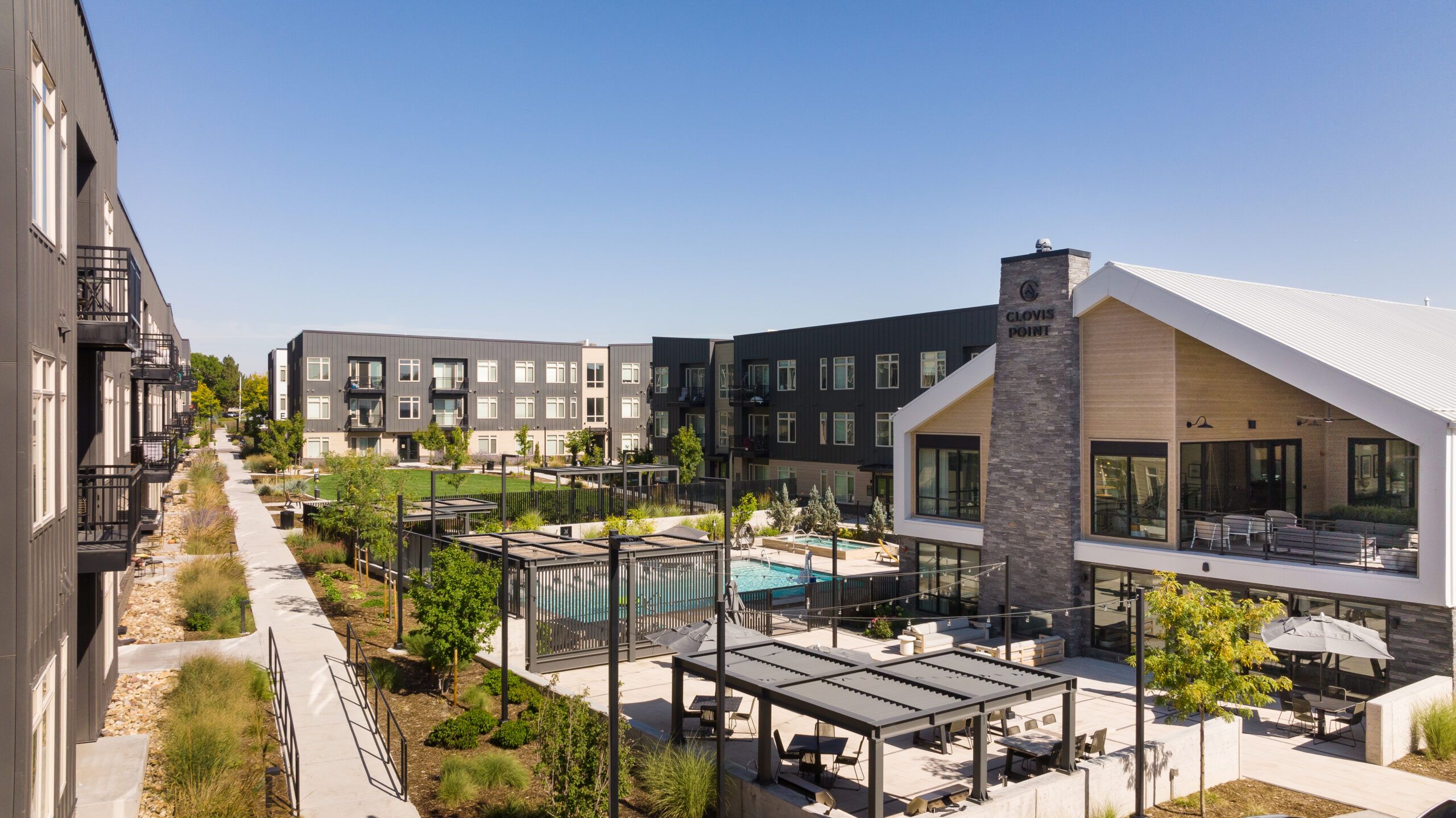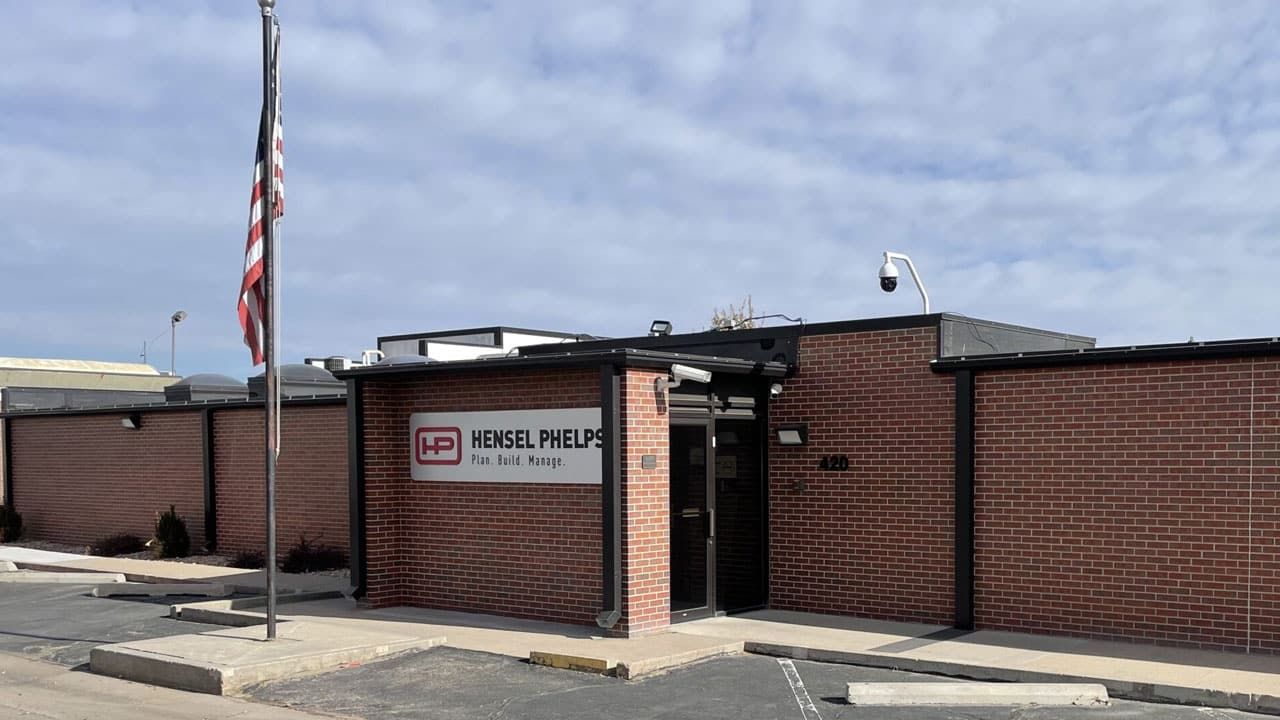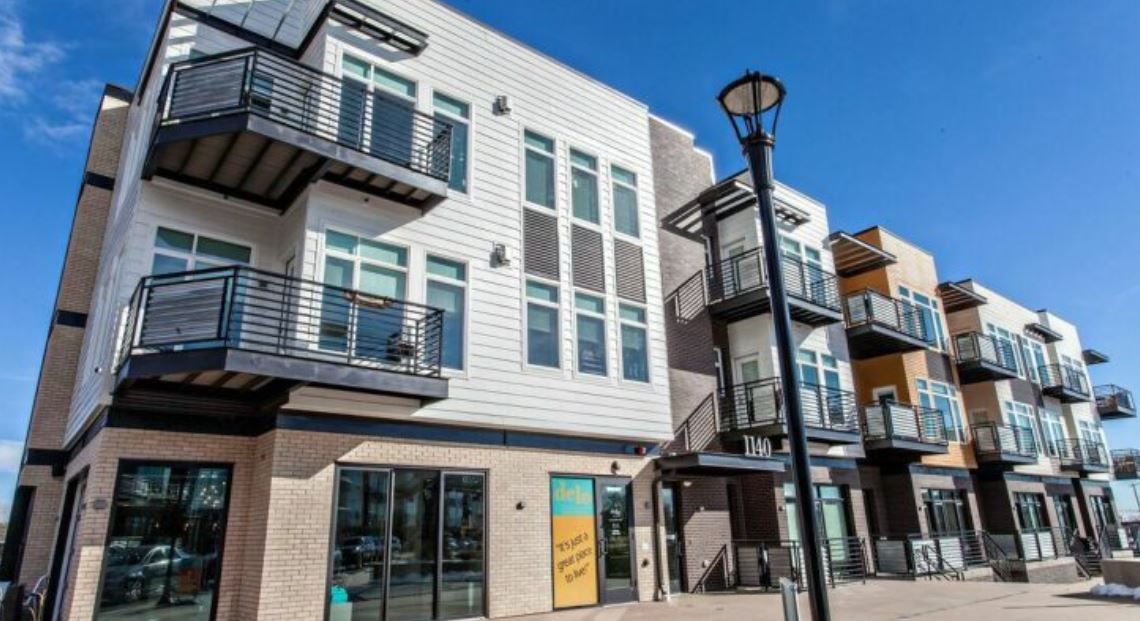Real Estate CEO Roundtable: Retail, office markets hurting while residential, industrial remain strong
How badly has the COVID-19 pandemic hurt the real estate industry? The answer varies wildly depending on which sector of the market you’re looking at, Boulder Valley real estate executives said Tuesday during BizWest’s virtual CEO Roundtable on Real Estate.
The residential and industrial sectors have proven incredibly resilient while the retail and office markets have displayed significant vulnerabilities.
Retail
Unsurprisingly, the retail and hospitality industries have been hit the hardest by the virus given the strongest restrictions on operations were put into place for shops and restaurants.
SPONSORED CONTENT
“Retail is one of the big ones that we’re trying to figure out,” W.W. Reynolds Cos. CEO Jeff Wingert said. “We’ve got some pretty big concerns going forward once some of this [Paycheck Protection Program] funding runs out for the tenants. What are they going to do and how will we handle them, especially our small local retailers?”
Loftus Developments Inc. owner Jim Loftus noted that struggles in the retail sector “have been going on before coronavirus” and said he “would be really apprehensive about building a big shopping center” without a proven anchor tenant.
Vista Commercial president Chris Jensen agreed and said retail centers with a heavy reliance on restaurants are having a tougher time than those with grocery stores or superstores as anchors.
When retail tenants struggle it can result in lower rents collected by landlords.
“I think that [tenants] will use this as leverage to lower all leasing rates, which is going to affect the value of all of our properties to a substantial amount,” Tebo Properties CEO Stephen Tebo said.
Office
With many companies implementing indefinite work-from-home policies, the future of the office market remains murky.
“When I go downtown, I can basically park wherever I want,” The Colorado Group principal Jason Kruse said in reference to the lack of people working from downtown Boulder offices. “It’s kind of crazy to have that feeling.”
Keys Commercial CEO Geoffrey Keys wondered, “How long before tenants stop paying?”
He said, “The office market is getting pretty freaky.”
SVN/Denver Commercial LLC Steve Kawulok said he’s noticed an uptick of subleasing in the office market.
According to Jensen, while there may be fewer people working at offices now, that doesn’t necessarily mean companies will need fewer square feet of office space. That’s because social distancing requirements mean each person will need more personal space than they expected to have pre-COVID-19.
In both the office and retail sectors, tenants are seeking relief from their landlords, who are in turn looking to their bankers for assistance.
“These are some of our best customers who, through no fault of their own, find themselves in very serious circumstances. We need to be there to help them. Do what makes sense for the bank and what makes sense for the client and we’ll get through this,” Bank of Colorado branch president Aaron Spear said.
Residential
It’s not all doom and gloom in the real estate world. The residential market is holding up quite well after a brief pause in sales activity in the early days of the pandemic.
Consumer confidence is still high on the residential side as buyers remain ready and able to purchase homes, Re/Max of Boulder managing broker Todd Gullette said.
Low interest rates create “good buying power” and the brief stoppage in sales activity during the first phases of safer-at-home restrictions resulted in pent-up demand, he said.
Home prices remain stable and sales volumes are only off 16% year over year, Gullette said.
Industrial
There are a couple of types of companies that have seen business increase as a result of the pandemic. Among them are biotech firms working on COVID-19 testing or treatments and e-commerce distributors that allow customers to avoid in-person shopping.
Those types of firms are helping buoy the Boulder region’s industrial real estate sector, Freeman Myre Inc. principal Andrew Freeman said.
“Industrial has been strong,” he said. “We definitely weren’t sure in March and April when we went through our rent rolls to identify tenants who might have some challenges. But thankfully, so far, none of them have. A lot of our tenants have actually expanded.”
The CEO Roundtable is sponsored by Plante Moran, Berg Hill Greenleaf & Ruscitti LLP and Bank of Colorado.
© 2020 BizWest Media LLC
How badly has the COVID-19 pandemic hurt the real estate industry? The answer varies wildly depending on which sector of the market you’re looking at, Boulder Valley real estate executives said Tuesday during BizWest’s virtual CEO Roundtable on Real Estate.
The residential and industrial sectors have proven incredibly resilient while the retail and office markets have displayed significant vulnerabilities.
Retail
Unsurprisingly, the retail and hospitality industries have been hit the hardest by the virus given the strongest restrictions on operations were put into place for shops and restaurants.
“Retail is one of the big ones that…





